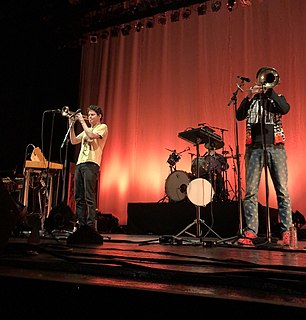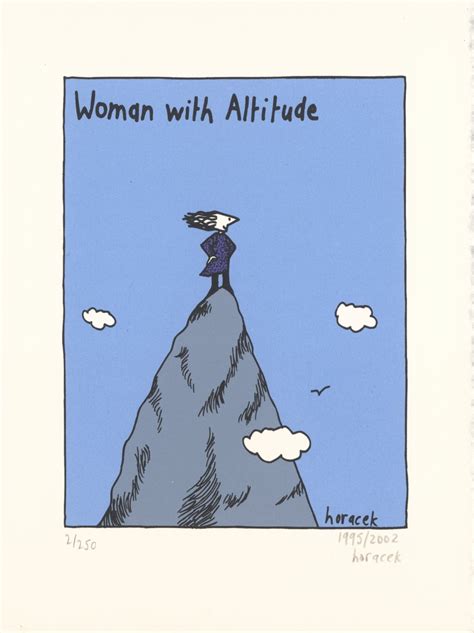A Quote by Bill McKibben
To me, it's more important to take the 60-70% of people who really understand that there's a problem [of climate change] and get some percentage of them active than to try and stamp out the last embers of pre-scientific thought.
Related Quotes
There's real economic costs to climate change - So, Superstorm Sandy led to billions of dollars in damages. The fires out in the west, 70 million dollars a day are being spent in fighting fires that have clearly been exacerbated by drought and climate change. So, people have pointed out the true dollars and cents cost of inaction on climate change.
It really gets on my goat that people keep quoting Dorothea Mackellar's 'My Country' as proof that there is no such thing as climate change. A poem written more than 100 years ago by a homesick 19 year old versus an ever-increasing body of refereed scientific thought... hmm, hard to know which way to jump, really.
Anytime we think the problem is 'out there,' that thought is the problem. We empower what's out there to control us. The change paradigm is 'outside-in' - what's out there has to change before we can change. The proactive approach is to change from the 'inside-out': to be different, and by being different, to effect positive change in what's out there - I can be more resourceful, I can be more diligent, I can be more creative, I can be more cooperative.
I'm hugely inspired by music. I am a big listener of 60's and 70's classic rock. And i really just love the overall freedom of that time, of the late 60's and 70's. I love that you had so many different ways of expressing yourself, fashion was really one of them, the idea of clashing didn't exist, and people were using clothes as an opportunity to express who they were. That is inspiring to me - you could mix textiles, fabrics, you were 100% who you were, and that's where my main inspiration comes from.
Despite the international scientific community's consensus on climate change, a small number of critics continue to deny that climate change exists or that humans are causing it. Widely known as climate change "skeptics" or "deniers," these individuals are generally not climate scientists and do not debate the science with the climate scientists.
I think the challenge of climate change in particular is the challenge for us to create and produce new norms for a new kind of world. And that's why I think as important as the issue of climate change is, it's even more important than it seems because if we can't evolve very quickly, new norms to deal with issues like climate change, we're not going to be able to survive in the kind of world we've created. So I think, really, the whole nature of democracy, of governance, of global community and of solving the kinds of problems of the 21st Century are really at stake.
It is certainly true that conservative Christians are much more likely to doubt the reality of climate change than mainline Christians or the unaffiliated. But when we control for political affiliation and for the important role of thought leaders in determining our opinions on social issues such as climate change, most of the faith-related bias disappears.
People vote against their own interests that all the time. But when you do the polling in the U.S., it has gone from less than 50 percent who thought climate change was real to 70-odd percent. And if you listen to the Republicans in Congress, they used to say, "Oh, climate change doesn't exist." Then they switched to "Well, it exists, but it's not man-made," to "Well, I'm going to address the issue." Why? Because when they go home, the local constituent says, "Wait a second. What are you talking about? We just had a flood. We haven't had rain in a long time." They can't get away from it.
Climate change is important to Malawi, but many people see alternative energy more as a means to skip the government and get electricity and power. Deforestation is a huge problem in Malawi, which only adds to the problem. People cut down trees because they have no power to run electric stoves, etc. So they use firewood.
Most actors don't understand acting. I think it's an art form that craft is out the window. I don't think people get it at all, most of the time. Or they get some of it, not all of it. If you get an Academy Award nomination, you think 95 percent of the profession is unemployed at any given time, most people will never even find work as an actor, and the ones who do will probably make $50,000 a year at the most if they're lucky. Some will never do Broadway. Some will never do a major role. And a really, really, really small percentage of them maybe will be nominated for a major award.







































